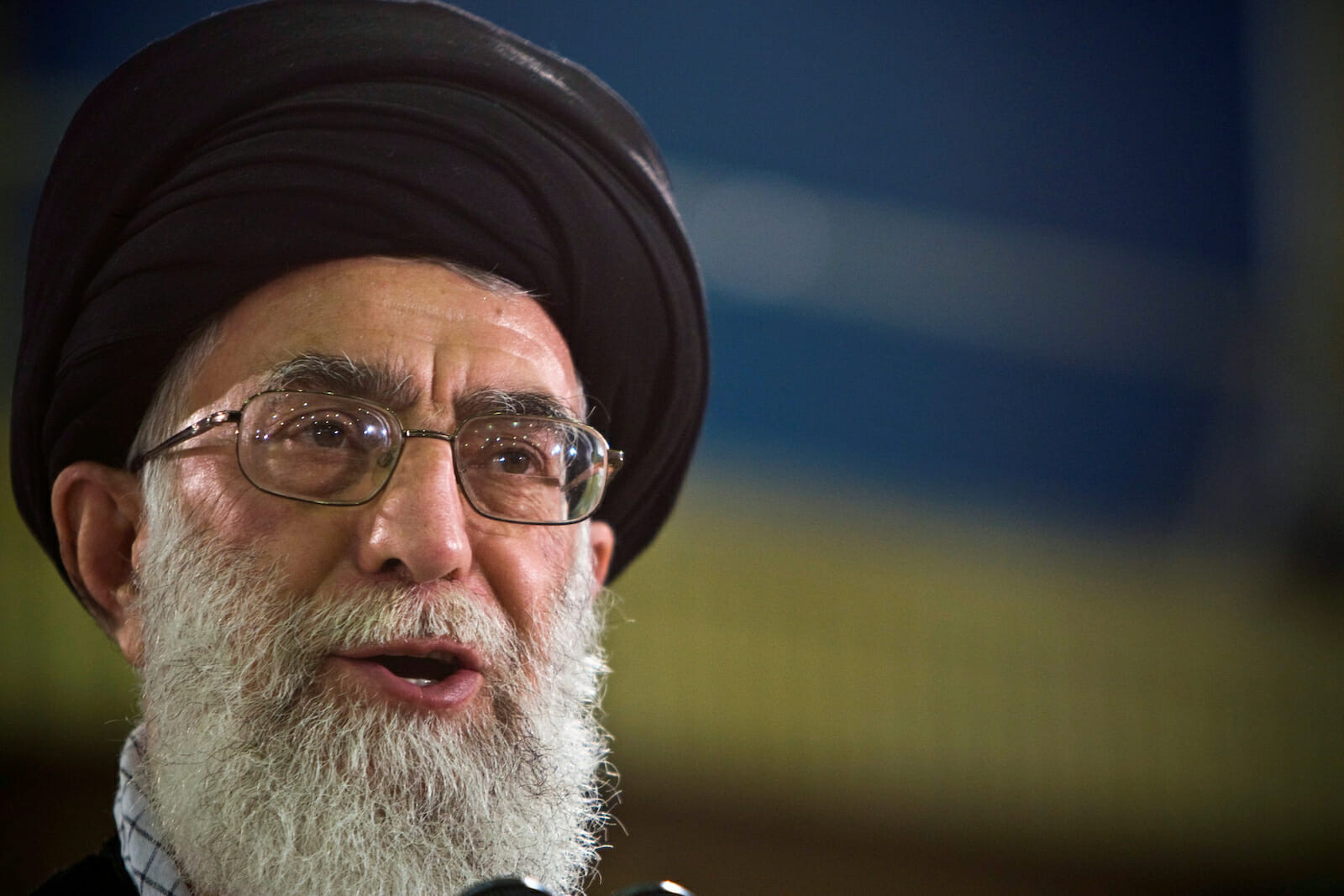
Business as Usual: Coronavirus, Iran and U.S. Sanctions
Never discount the importance of venality in international relations. While pandemics should provide the glue for a unified front in response – we keep being told of fighting this horrendous “invisible enemy” – it’s business as usual in other respects. The United States, with a disparate, confused medical system that risks being overwhelmed, remains committed against that other country floundering in efforts to combat COVID-19: Iran. Instead of binding the nations, the virus, as with everything else, has served as a political obstacle.
This has led to a few glaring oddities. The first lies on the policy approach to US-led sanctions, which continues with usual viciousness. Last week, the US State Department added nine new entities and three individuals to the sanctions list against Iran. According to the press statement, “The actions of these individuals and entities provide revenue to the regime that it may use to fund terror and other destabilizing activities, such as the recent rocket attacks on Iraqi and Coalition forces located at Camp Taji in Iraq.” The aim here was to “deprive the regime of critical income from its petrochemical industry and further Iran’s economic and diplomatic isolation.”
The Trump administration has insisted on pursuing the Iranian bogeyman with an enthusiasm verging on mania. Its attempts to scuttle Tehran’s 2015 nuclear agreement with six world powers has, to a certain extent, been successful. This has merely added gusto to Tehran’s defiance. The US has also sought to impress the Iranian armed forces that their influence in the Middle East remains on notice: the killing of Major General Qassem Soleimani of Iran’s Islamic Revolutionary Guards Corps was sharp, bloody and bankrupt in terms of strategy.
The coronavirus outbreak may well be seen as offering other opportunities to bring Iran to its knees. The desiccated tacticians are out with their spreadsheets and tables wondering what will be most effective approach. The sanctions, as they tend to, have targeted the vulnerable, though never touch the well-heeled. The health system has suffered; shortages in equipment and medicines are savagely biting. A team of researchers at Sharif University of Technology in Tehran have concluded, using simulations, that 3.5 million deaths might eventuate in Iran if the crisis persists at its current momentum till May. A truly horrendous toll that, should it eventuate, would not necessarily give Washington what it wants: submission and regime change.
US Secretary of State Mike Pompeo has insisted on conditions to any state wishing to offer humanitarian assistance to Iran. The “release of all dual and foreign nationals” is a primary condition. A cumbersome, red-tape Swiss channel has also been established to facilitate trade with Iran, but US oversight makes the option ungainly.
Amidst the tangle have come small offers of assistance from Washington; first the brutal slap, then the promise of minuscule relief. Scepticism was forthcoming. What was the Great Satan playing at? “Several times Americans have offered to help us to fight the pandemic,” assessed a sceptical Ayatollah Ali Khamenei in a televised address over the weekend. “That is strange because you face shortages in America.”
Iran’s supreme leader had an explanation. Using the conspiratorial language that President Donald Trump has made ritualistic and famous, he claimed, that the virus was “specifically built for Iran using the genetic data of Iranians which they have obtained through different means.” He also retorted with the Chinese thesis on the subject. “Also, you are accused of creating this virus.” To accept medicines from the US might assist in spreading “the virus or cause it to remain permanently.”
The continued sanctions regime despite the crippling effect of COVID-19 has prompted calls for an easing, if not lifting altogether. China has taken the lead on the issue, and the international relations cognoscenti sense a pronounced step in the virus propaganda war. Its Foreign Ministry has urged the US to, in the words of spokesman Geng Shuang, “immediately lift unilateral sanctions on Iran. Continued sanctions are against humanitarianism and hamper Iran’s epidemic response and delivery of humanitarian aid.”
Russia has also added its voice of support, with its Foreign Ministry arguing that, “Illegal unilateral US sanctions, imposed since May 2018 as part of the ‘maximum pressure’ campaign, are a powerful obstacle to the effective fight against the infection.”
One firm US ally might also be softening its stance. The case of the Iranian-British dual national Nazanin Zaghari-Ratcliffe has seen prospects for an easing of pressure. Her release from Iranian captivity, a period lasting five years, was a topic of discussion between UK Foreign Secretary Dominic Raab and his counterpart Javad Zarif last week. Options pertaining to practical help for Iran were also discussed.
Even within US political circles, the Trump administration’s insistence on politicising aid is proving worrying. “We should never be conditioning humanitarian aid,” opined Rep. Ro Khanna (D-Calif.) to the National Interest. “We need to be engaged in the world, providing the leadership, and solving the pandemic, and giving help to countries that need it.” The good member of Congress might also consider that leadership also entails sorting out the domestic front before sending in the cavalry of rescue. A country short of respirators, masks and beds would be a poor contender for that role.
Azadeh Moaveni of the International Crisis Group, and human rights advocate Sussan Tahmasebi, founder of FEMENA, argue that suspending the sanctions regime during the course of the COVID-19 outbreak “should not be seen as a troubling or even monumental thing to do.” To control the virus should not be deemed a favour to the Iranian regime but more for Iranians “and indeed, to the rest of the world.” That would entail, almost impossibly, abandoning the temptations of Realpolitik and the urgings of insensible patriotism.

